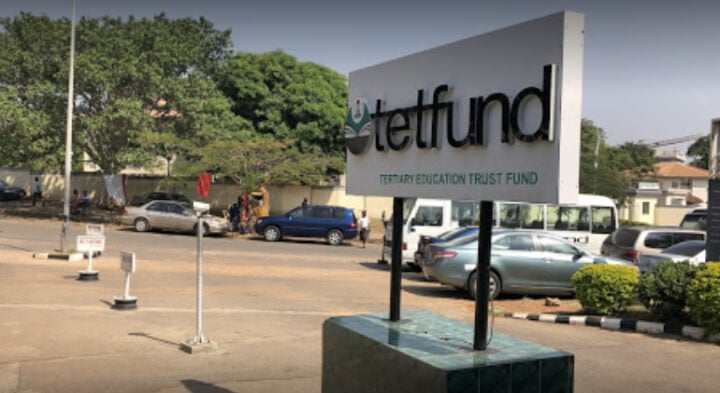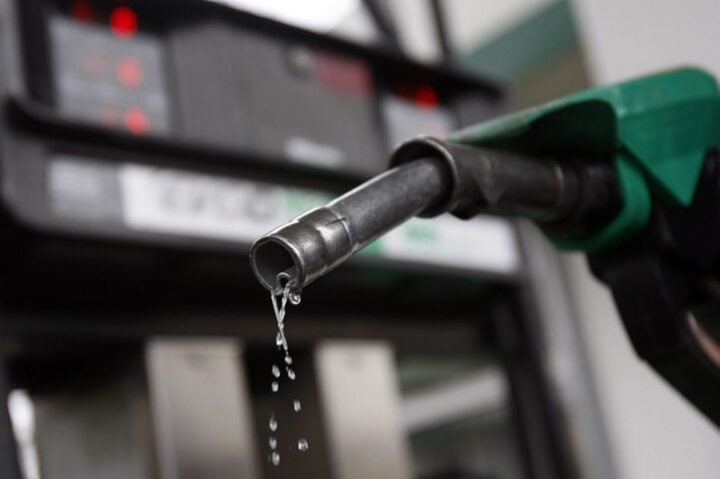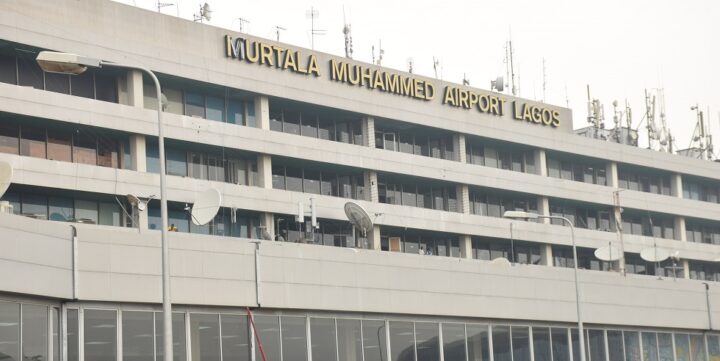Mele Kyari, group chief executive officer (GCEO), Nigerian National Petroleum Company (NNPC) Limited, says greed in the entire petroleum value chain is a major reason for the country’s prolonged petrol scarcity.
Kyari spoke when he appeared on NTA’s ‘Good Morning Nigeria‘ programme.
He said there are numerous reasons for the petrol scarcity that are beyond the control of the national oil company.
“It is a chain of relationships. It is a chain of engagement and we take responsibility. We are the single point of communication for this. We understand this very perfectly but the reality today is that there are a number of things happening,” he said.
Advertisement
“There is greed. Greed is not in the NNPC. Greed is across the value chain; it is all the way from the depots to the fuel stations to the trucks to those you meet on the road.”
Kyari said as oil marketers move products from location to location, so many kind of fees are paid (at local government and state government levels) and all manners of collections are made, adding to the logistics challenge.
“And ultimately, our most recent engagements have addressed this so that those complications that are outside the control of the NNPC are now addressed. Because of the engagement we had with our trade partners, the government security agencies, and regulatory agencies, we are very optimistic that it is a very good transition,” the GCEO said.
Advertisement
The NNPC boss said as long as there is an arbitrage regime and marketers see price differentials, they will have difficulty transporting products to certain locations.
‘WHY THERE IS NO ADEQUATE PETROL SUPPLY TO BENIN’
Speaking on the recent protest in Edo state over petrol scarcity, he said once truck owners became aware of the uprising in Benin, they were hesitant to transport petroleum products to the state.
“That is why in Benin, once there is a threat to security and safety of their vehicles, truck owners will not allow their trucks to go to such locations. Some of these threats predate the actual event because this is a world of social media,” the GCEO said.
Advertisement
“People are aware that people are generating protest and once they are aware of this, people will ask their drivers not to go to this location, and you will definitely not have products because no one will take their trucks to locations where they can risk those trucks.
“I have engaged with the governor where those protests emanated — those state components — and I am very grateful to him. I told him that we must do something so that we can contain this uprising.
“Otherwise, nobody will bring his trucks to the state and he assured me that for the safety of the trucks, vigilantes will be deployed, government security agencies will come, so that ultimately, this product will get to Benin depot. So that they could ultimately end up in the fuel station.
“But why was that glitch in the first instance? Because people fear. Once there is an element of fear, no one will take his truck and this builds up over the days and exactly this is what happens.
Advertisement
“Even before then, once you have an arbitrage, for instance, if you can sell this fuel at N350 in Maiduguri and a tanker full of fuel by a marketer is required to sell at N220 a litre in Benin. It is just an example. He has seen where he will always spend N50 a litre to take it to Maiduguri.
“He will spend like N350, an additional N50. So all they will do is to move this truck from this location to another location. And we could also end up having gluts in those locations.”
Advertisement
‘IT IS NOT SCARCITY, IT IS DISTRIBUTION CHALLENGE’
Further speaking, Kyari added that the country does not have supply issues but a distribution problem.
Advertisement
He said the distribution challenge arises as a result of a shift in the cost of logistics in the business of transporting fuel from mother vessels to terminals into trucks to fuel stations.
“So, it is really not a matter of scarcity. When you say scarcity, the product is not available. Once a product is not available, you can say that there is scarcity but when there is a distribution challenge, there is consumer behaviour,” he said.
Advertisement
“Our typical response to a situation like this is for people to panic and everybody goes to the fuel station. Whether they need it or not, they wake up in the morning and they decide to go and queue up. And by the way, people have actually made a trend out of this.”
He noted that once prices are crashed at the depot, the prices at filling stations will also decrease and “that arbitrage will disappear”.
“Then people will see that the prices across the stations, whether they are owned by NNPC or independent marketers, will have some normalcy, and fuel queues will vanish,” Kyari said.
Add a comment






